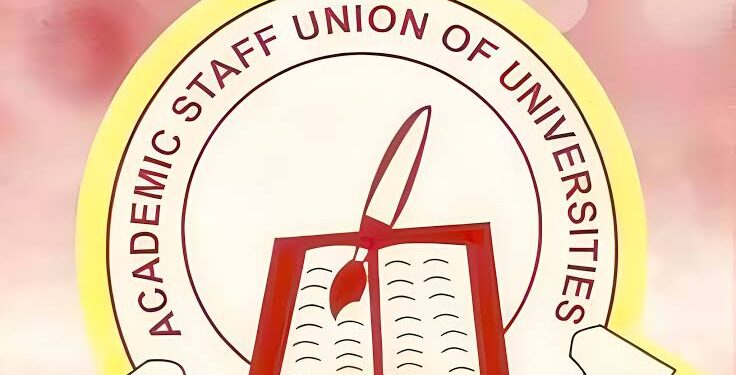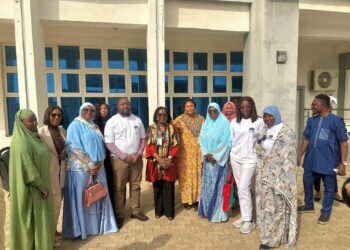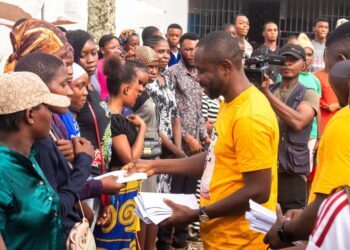The Academic Staff Union of Universities (ASUU) has frowned at the “increasing numbers of first-class graduates” churned out annually by private universities in the country.
The ASUU National President, Prof. Emmanuel Osodeke, raised the concern on Thursday at an event organised by the body in honour of Prof. Andy Egwunyenga’s successful tenure as Vice Chancellor of Delta State University (DELSU).
The event took place at the DELSU campus, Abraka, Ethiope East Local Government Area of Delta.
Osodeke said that if public universities adopt the same practice without regulation, it could lead to the decline of genuine academic pursuits.
According to him, primary and secondary schools nowadays are producing graduates with excellent grades with insufficient knowledge.
The union leader also decried what he called “the mass exodus” of skilled Nigerian workers to nations perceived to be offering better work and living conditions.
He said that incidents like building collapse in the country indicated there were significant issues within the nation’s institutions.
“The struggle for academics to enjoy a decent standard of living saw some measure of successes in the past when academics could sustain a comfortable life.
“The situation has changed; the unions must return to the frontline for a renewed phase of their struggle.
“ASUU will consistently speak out against injustices and support fairness,” he said.
A member of the union, Prof. Omotoye Olorode, spoke on the topic: “New University Curricula (CCMAS): Context and Matters Arising” .
He said that the CCMAS functioned as an imperialistic mechanism aimed at disrupting the established academic structures in the country’s universities.
Olorode said this was designed to perpetuate a system, where Africans remain agricultural labourers to support the agricultural needs of developed nations.
“UNESCO recommends that 26 per cent of the nation’s budget should be allocated to education.
“Nigeria has never reached more than seven per cent, which reflects our stagnation and reluctance to facilitate growth in the education sector,” he said.
He congratulated the outgoing DELSU vice chancellor on a job well done.
The Chairman of DELSU ASUU, Dr Paul Opone, extended his heartfelt wishes to Egwunyenga.
He said that DELSU had been in dire need of a leader since 2019 to navigate the troubled waters caused by poor leadership.
He praised Egwunyenga for meeting the expectations of ASUU and the university community which, according to him, resulted in widespread celebration across all sectors of the institution.
“This is the first occasion where ASUU had to honour a lecturer at DELSU with such a celebration.
“Prof. Egwunyenga deserves far more than the praises he has received,” he said.
Responding, Egwunyenga expressed joy over the numerous accolades he received from across the three senatorial districts of the state.
He disclosed that his approach as vice chancellor was influenced by the narratives found in Festus Iyayi’s book, “Demons and Monsters”. (NAN)











